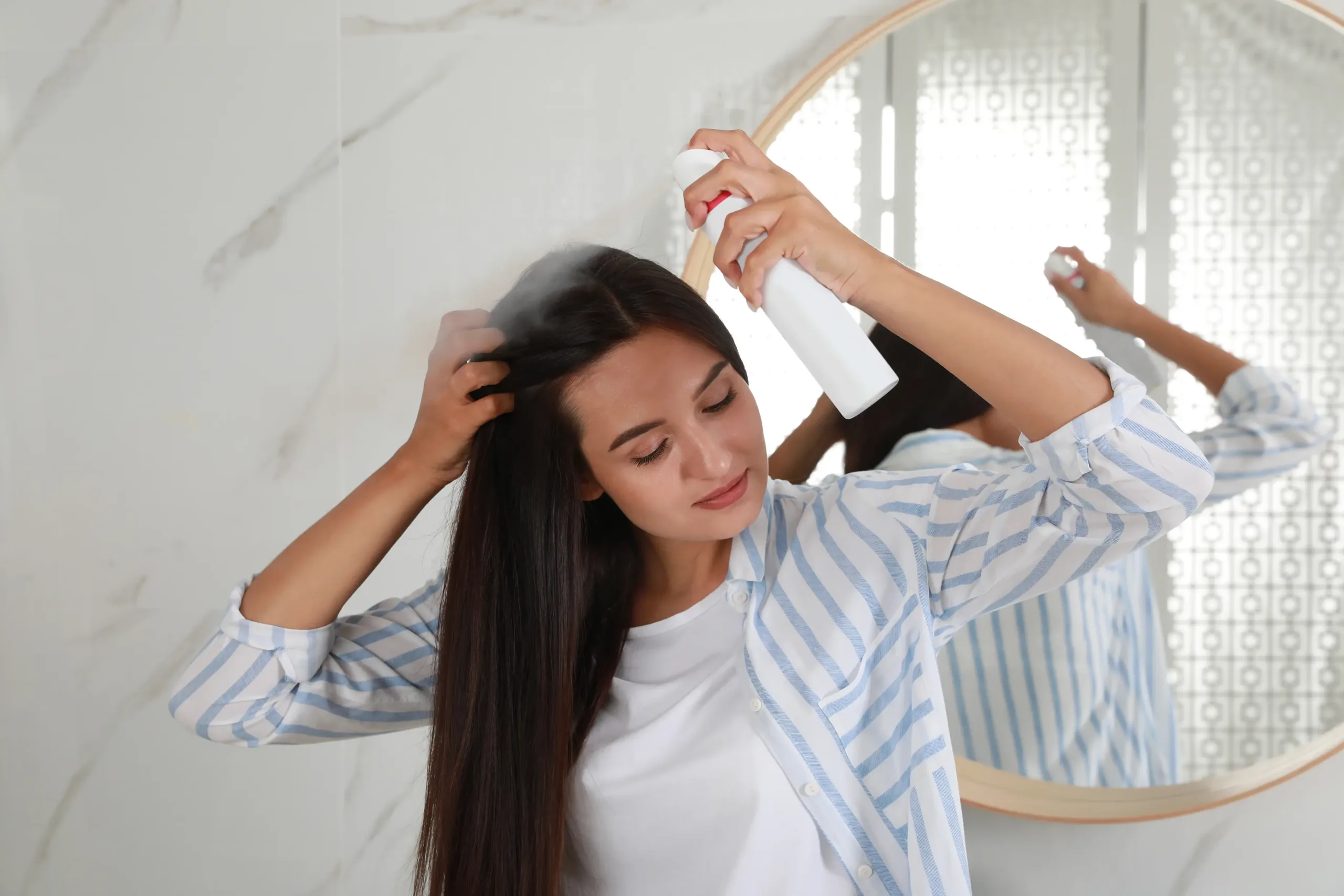From a throwaway trend to a beauty essential, dry shampoo has made its way into the lives of many individuals seeking instant solutions to their daily hair problems. In today’s fast-paced world, where convenience is paramount, maintaining impeccable and healthy hair can be time-consuming. Dry shampoo has gained popularity in recent years as it offers a practical alternative to frequent washing. In this blog post, we will explore the concept of dry shampoo, its benefits, effectiveness, and considerations for different hair types.
The Rise of Dry Shampoo

Dry shampoo, available as a powder or aerosol spray, was first introduced in 1972 by Klorane, a French hair cosmetics company. Its innovative formulation contains absorbent substances like starch or silica that help gather oil, dirt, sebum, and sweat from the hair without the need for water. This revolutionary solution quickly gained popularity due to its ability to provide a cleaner, fresher appearance without the use of traditional washing methods.
Benefits and Convenience
Dry shampoo has become a popular option for individuals with busy lifestyles, as well as those seeking to preserve their hair color or avoid overwashing. Its primary advantage lies in the convenience it offers. With dry shampoo, you can quickly refresh your hair between washes, making it a convenient choice for people who lack the time, energy, or access to water required for conventional washing. Additionally, some brands promote dry shampoo as a water-conservation measure, although this is a minor benefit compared to its primary purpose of convenience.
Factors Affecting Performance

The effectiveness of dry shampoo depends on several factors, with the quality of the product being crucial. Certain formulas contain higher-quality ingredients that can more effectively absorb oil and dirt, while others may leave a residue or not perform as well. It is essential to find a dry shampoo that suits your specific hair type and needs. Generally, dry shampoo is most effective for individuals with oily or fine hair, as these types are more prone to accumulating excess oil. However, those with dry or curly hair may find that dry shampoo is less effective at removing build-up and may even exacerbate dryness.
Considerations and Potential Downsides
While dry shampoo offers convenience, there are some considerations and potential downsides to keep in mind. Uneven coverage can occur due to the manual and sometimes awkward application technique. Some individuals may experience scalp irritation when using certain dry shampoo products. Moreover, it is important to understand that dry shampoo should not replace regular washing entirely, as it is designed to provide a temporary fix between washes.
Dry shampoo has transformed from a passing trend into an essential part of many people’s beauty routines. Its ability to refresh hair between washes, convenience for busy individuals, and potential benefits for hair color preservation make it a sought-after product. However, the effectiveness of dry shampoo varies based on product quality and hair type. It is crucial to choose a high-quality dry shampoo that suits your individual needs. While dry shampoo offers convenience, it should be used in moderation and not as a substitute for regular washing. As dry shampoo continues to gain popularity, it remains a valuable tool in maintaining healthy and manageable hair.









